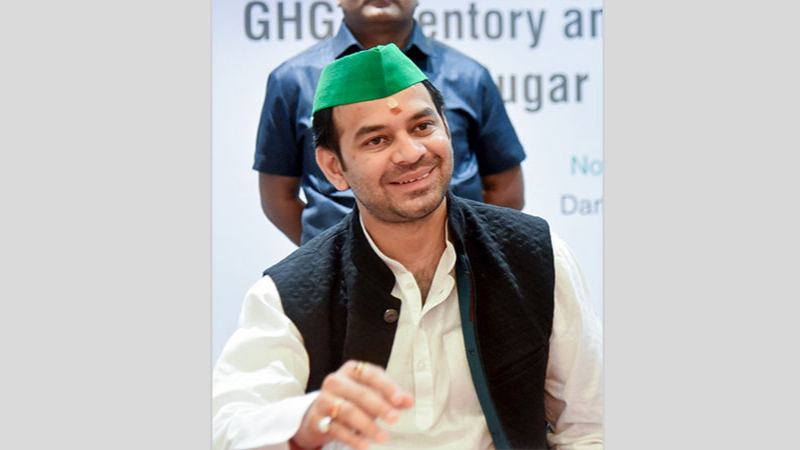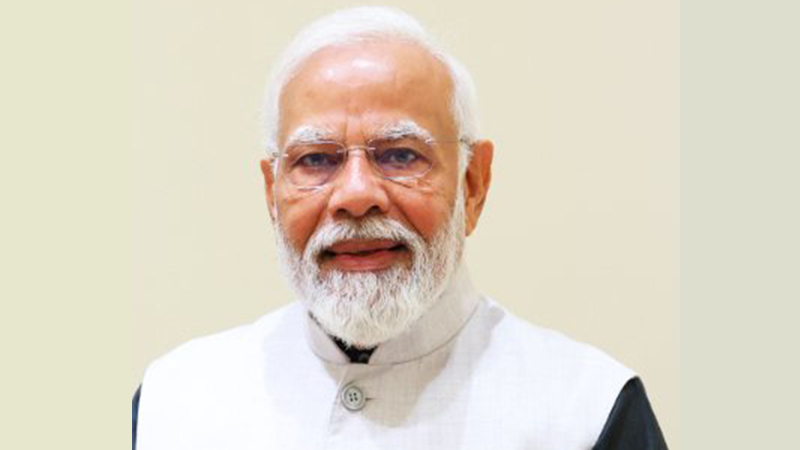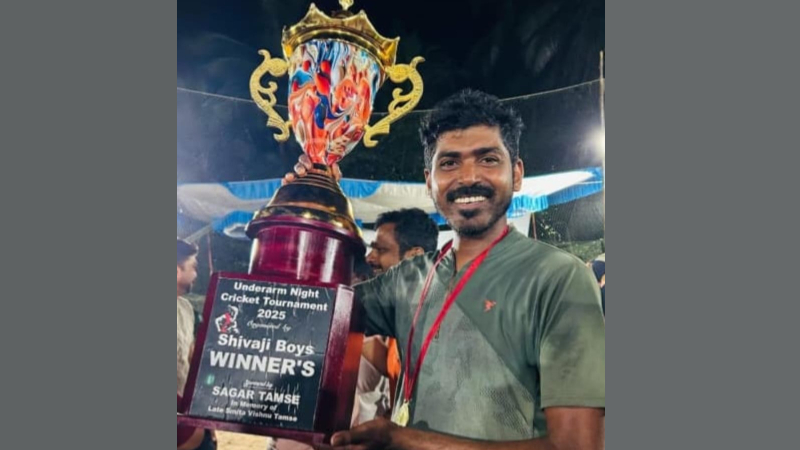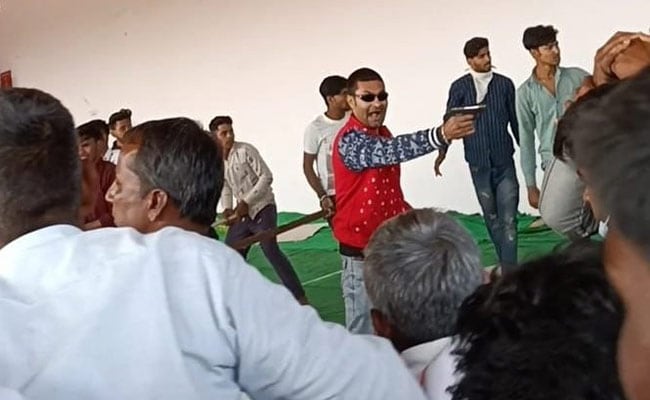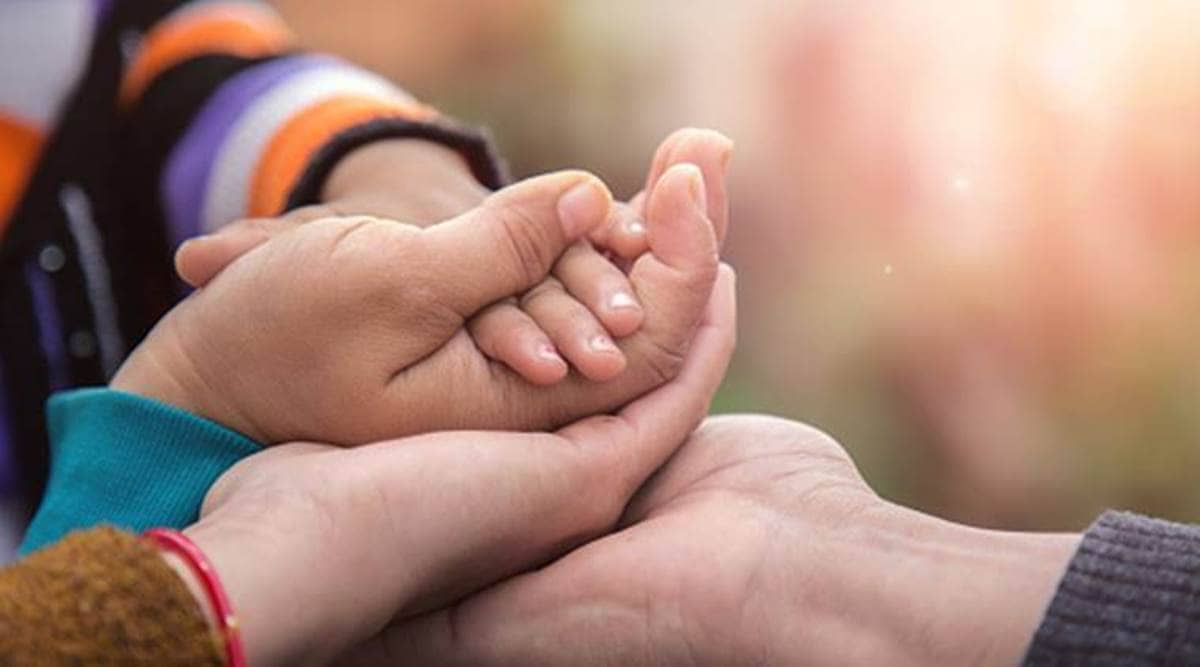JNU on a perpetual denial of delivering justice to the sexually abused victims
Does the JNU campus ensure a safe environment for the women community? Is justice delivered to the victims of gender violence? What issues does a woman face within the varsity of the campus boundaries? All these important yet unanswered questions have been addressed and analysed in this article
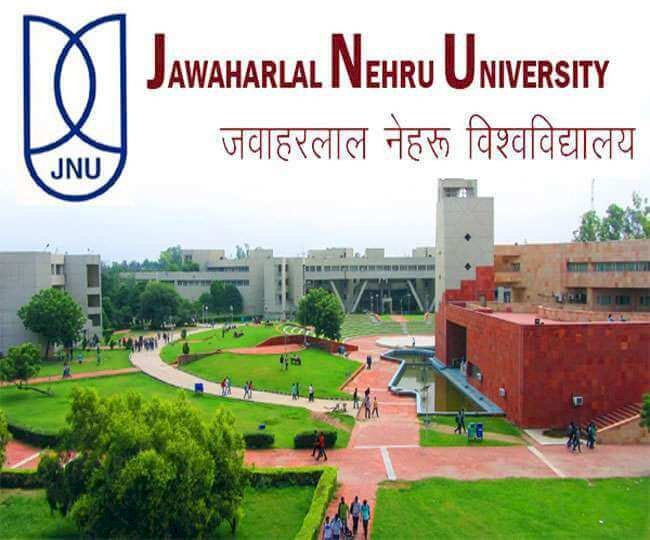
JNU is counted among one of the best universities in India with a 2nd position in the National Institute Ranking Framework (NIRF) ranking. Students from all over the world hail in this institution to explore the best educational opportunities. But, does the JNU campus ensure a safe environment for the women community? Is justice delivered to the victims of gender violence? What issues does a woman face within the varsity of the campus boundaries? All these important yet unanswered questions have been addressed and analysed in this article.
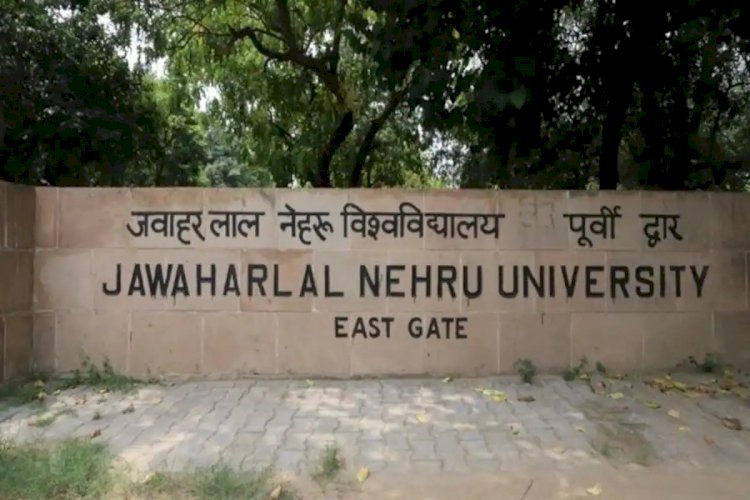
Every 1 in 5 women has faced sexual violence at JNU
A survey revealed that 53% of women at JNU have faced sexual violence. Adding up further, news agency DNA reported that, “529 students who participated in this study revealed, that about one in five women has suffered sexual violence once in a while”. This survey questions the status of women safety in one of the premiere institutes of India. The survey was conducted after accounting for the shocking and heinous axe attack on 31st July 2013. Roshni a student of ‘School of Language’ was attacked with an axe leaving her severely injured by her own classmate ‘Akash’ within the campus building. Investigations revealed that it was a one-sided love trivial and therefore one more victim of misogynistic patriarchy. This incident moved a shock-wave among the students, as such frightful events certainly put the JNU campus under spooky vibes.
Does JNU pamper the sexual abusers?
A plethora of sexual assault cases have been reported alleging the faculty members themselves, none the less justice in each case was denied to the victims. In March 2018 eight women accused Atul Johri, a professor at School of Life Sciences (SLS) with serious charges of sexual harassment, which led to his arrest and subsequent bail. This microbiology professor stepped down from his administrative post but still could be seen roaming free on the campus continuing with his daily happy routine. Similarly, two more professors ‘Mahindra P Lama and Rajesh Kharat’ both alleged with sexual harassment charges were given a clean chit by the administration. Ironically, instead of investigating further into these criminal cases, the administration warned the complainants for advertising the issue on their social media handles.
This overprotective shield for criminals like these eventually leads to a total denial of justice and sweeps away the crime records with no appropriate redressal.
Is the autonomy of the Internal Complaints Committee (ICC) a sham?
While researching about the sexual harassment watchdog body of JNU, i.e: Internal Complaints Committee (ICC), some eye-opening facts were revealed. On September 18, 2017, the administration replaced the 18 years old Gender Sensitisation Committee Against Sexual Harassment (GSCASH) with an ICC. Now, let’s understand what is the problem with the replacement of GSCASH.
In the earlier version of ICC, the board consisted of four elected faculty members, four elected student representatives (consisting of at least 2 women in each bunch), an elected woman official as well as an elected woman staff member, including others. However, now the ICC includes only three student representatives, three faculty members, and two non-teaching staff. Except for the student representatives, all other officials were nominated by the administration.
This very rule of nomination killed the democratic composition of the ICC and turned it into a puppet of administrative bodies. This statement can be asserted by noting the fact that the administration approached the executive council to delete some cases of sexual harassment against persons in positions of authority. The authorities defended their move by saying that the replacement decision was done to stay in line with the UGC regulations from 2013. However, the fact is that a simple change in the name of GSCASH to GSCASH-ICC would have made it complie with the UGC regulations. This attempt of changing the election of board members into nomination has killed the autonomy and democratic spirit of the institution, while hampering the road of justice for victims of sexual harassment.
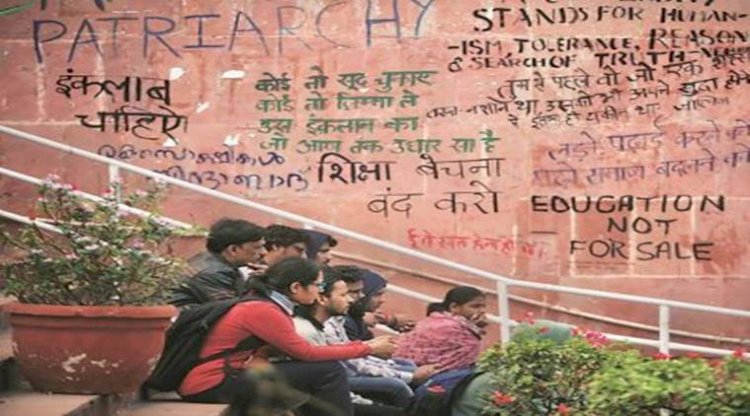
Unreported abuse takes place during ‘hostel nights’: JNU student
While interviewing a female student enrolled in B.A. 3rd year, French studies, confirmed on the condition of anonymity that many sexual abuse cases inside the campus go unreported due to either lack of shreds of evidence or with the fear of social termination. Adding further, she said, “a lot of eve-teasings and sexual abuse happens during hostel nights and other student parties. A herd of males enters the hostel night parties without even confirming their identity. I am a student of the Godavari Hostel, after noting a complete ignorance on the part of administration we decided to handle the situation by ourselves and marked the wrists of males with a stamp to avoid the trespassers in the recently hosted party. This helped us to ensure women safety during the hostel night. I don’t know why the administration is so stubborn to implement such steps although which will eventually make this campus safe for us.”
Different victims tied with a common thread of denied justice
The list of sexual assault cases reported within the JNU campus stands long including names such as, Akbar Chaudhary (Ex-student union president), Sarfaraz Hamid (Ex- Joint Secretary of student union), Anmol Ratan (Ph.D. scholar) and Raghvendra Mishra among many more. Different girls were raped and harassed by them, but, one prevailing commonality in each case is the failure of justice delivery to the victims. Some were either saved by the interference of the administration while the others were hushed away due to the lack of evidence.
It is disheartening and enraging how even one of the most high-profile universities tagged as the so-called gender-neutral space is not safe for the women. The authorities may step-back from delivering justice but, we won’t stop voicing the unvoiced in this justice vacuum educational space.
